Visit us at: https://www.lifespan.io/campaigns/cellage-targeting-senescent-cells-with-synthetic-biology/
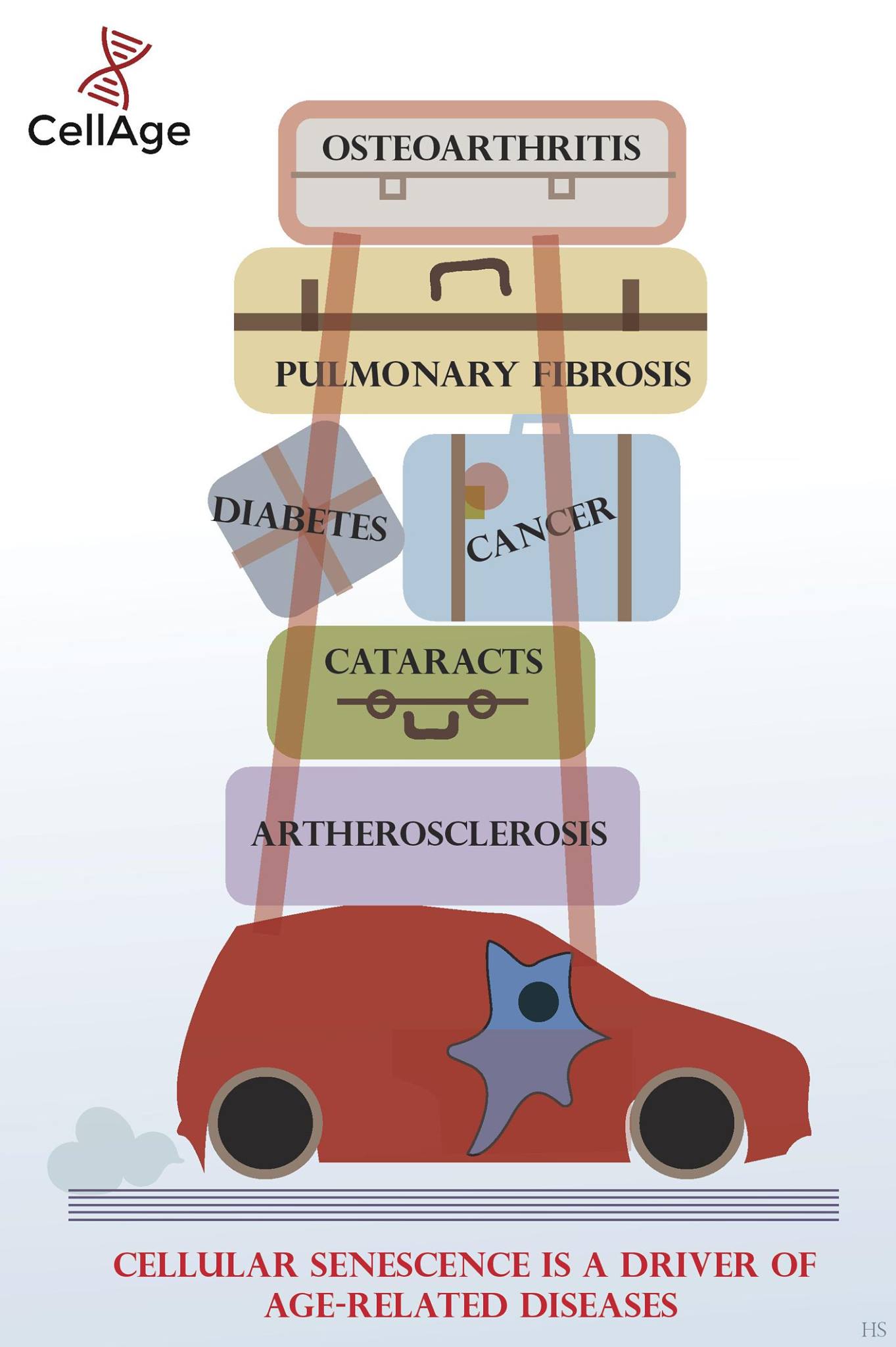

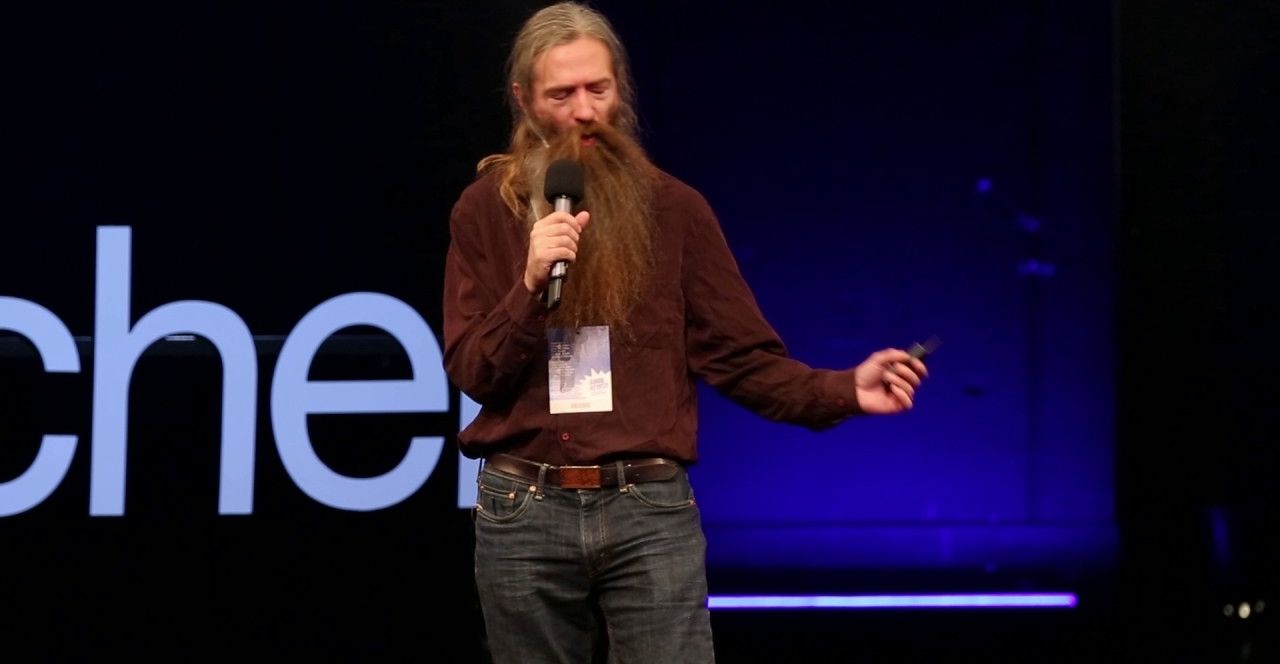
I really wanna know why people don’t get this.
For more information on Aubrey de Grey, please visit our website www.tedxmuenchen.de
Dr. Aubrey de Grey is a biomedical gerontologist based Mountain View, California, USA, and is the Chief Science Officer of SENS Research Foundation, a California-based 501©(3) biomedical research charity that performs and funds laboratory research dedicated to combating the aging process. He is also Editor-in-Chief of Rejuvenation Research, the world’s highest-impact peer-reviewed journal focused on intervention in aging. He received his BA in computer science and Ph.D. in biology from the University of Cambridge. His research interests encompass the characterisation of all the accumulating and eventually pathogenic molecular and cellular side-effects of metabolism (“damage”) that constitute mammalian aging and the design of interventions to repair and/or obviate that damage.
Twitter: @aubreydegrey
This talk was given at a TEDx event using the TED conference format but independently organized by a local community.
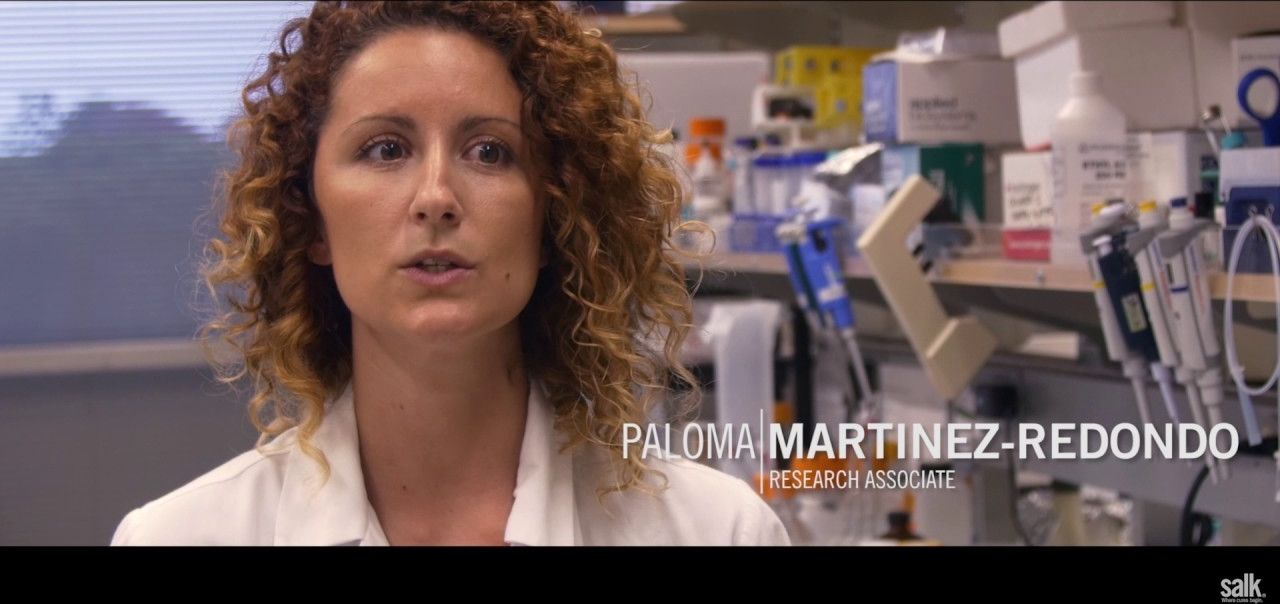
Scientists at the Salk Institute have found that intermittent expression of genes normally associated with an embryonic state can reverse the hallmarks of old age. This approach, which not only prompted human skin cells in a dish to look and behave young again, also resulted in the rejuvenation of mice with a premature aging disease, countering signs of aging and increasing the animals’ lifespan by 30 percent. The early-stage work provides insight both into the cellular drivers of aging and possible therapeutic approaches for improving human health and longevity.


Some people object we shouldn’t cure ageing because it is natural. Well, so is malaria, for example…
You know, I may even agree ageing is ‘natural’. If we define natural as something that happens spontaneously, without external intervention, as a consequence of chemical and physical interactions, then yes, ageing is natural. This is not a great argument in favour of ageing, though, because there are very many perfectly natural things that are really bad for you, ranging on the badness spectrum pretty much anywhere from ‘mildly upsetting’ to ‘catastrophically apocalyptic’: mosquito bites, genetic diseases, viral diseses, earthquakes, tsunamis, stars going nova, being eaten by lions, cancer, a pidgeon pooing on the fancy suit you rented for your wedding precisely when you say ‘I do’, bacterial infections, and so on. So, okay, maybe ageing is natural. So what? It is also the number one cause of suffering and diseases in the western world. Frankly, I don’t give a damn if it is natural or not. It’s still pretty bad.
Speaking of rejuvenation being not natural, I could nitpick a lot. I could ask, what is ‘not natural’? Is it anything human made? Then what about things made by animals? For example, if a building is ‘not natural’, what about a beehive then? Natural or not? Given we humans have a natural tendency to tweak things around to make them work the way we want, wouldn’t rejuvenation be our natural response to the problem of ageing, just like medicines are our natural response to the problem of diseases?
I really could nitpick a lot, but it won’t be necessary. Whatever definition of ‘not natural’ one may want to give, the real issue here is that there’s a hidden meaning to ‘not natural’ which is always subtly implied, even though not stated explicitly: Things that are ‘not natural’ must be somehow bad, not good for you, dangerous for the environment, immoral, evil. Maybe they bring bad luck as well. Needless to say, this is just as wrong as claiming everything natural is good for you. Medicines are good for you. Vaccines are good for you. In a broader sense, electrical installations are good for you (if you don’t stick your fingers into the power outlet); technology, transportation, anti-seismic buildings, toothbrushes, and so on, are good for you. All ‘not natural’ stuff that is still good and you’d hardly give it up. So, okay, let’s say rejuvenation is ‘not natural’. Who cares? It’d prevent you from getting crippled by a number of nasty diseases.
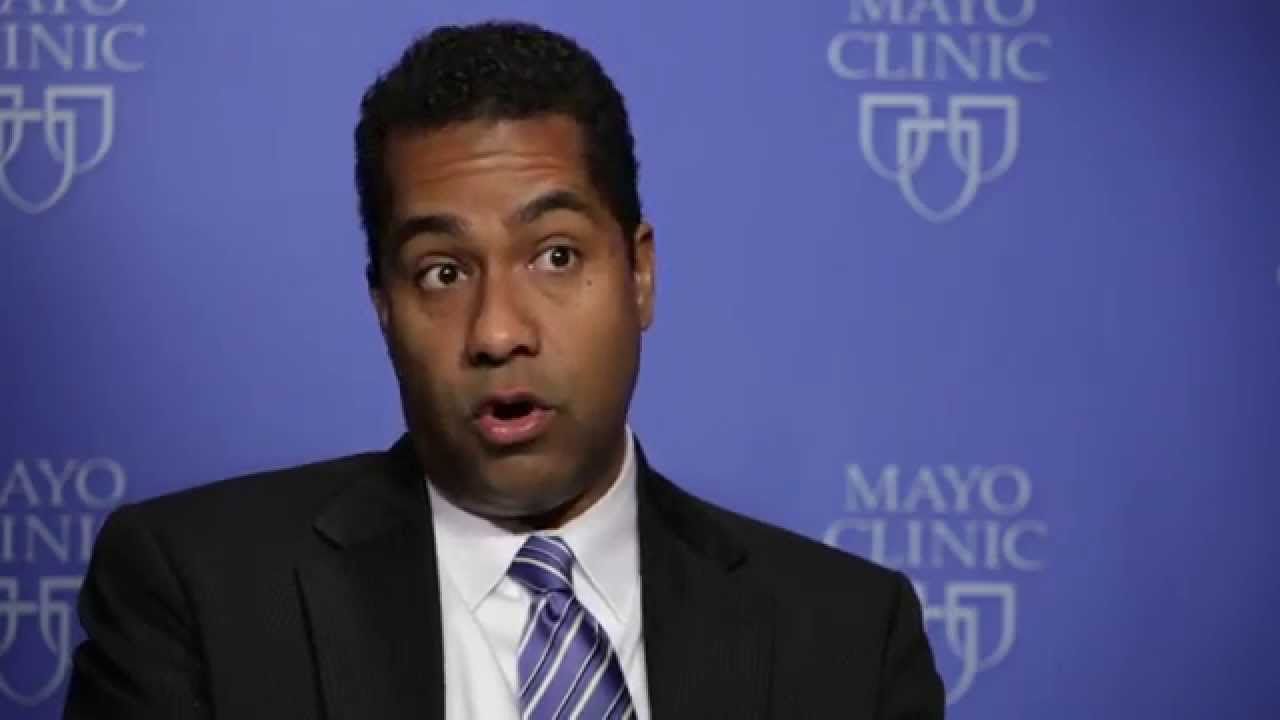
TDP-43 Protien tied to Alzheimers according to a Mayo Clinic Study.
Since the time of Dr. Alois Alzheimer himself, two proteins (beta-amyloid (Aβ) and tau) have become tantamount to Alzheimer’s disease (AD). But a Mayo Clinic study challenges the perception that these are the only important proteins accounting for the clinical features of the devastating disease.
In a large clinico-imaging pathological study, Mayo Clinic researchers demonstrated that a third protein (TDP-43) plays a major role in AD pathology. In fact, people whose brain was TDP positive were 10 times more likely to be cognitively impaired at death compared to those who didn’t have the protein, showing that TDP-43 has the potential to overpower what has been termed resilient brain aging. The study was published in the journal Acta Neuropathologica.

In Brief:
Aging is a spectre we all must face one day…but is this the way that it will always be? Medical researchers hope to delay or even reverse the onset of aging, and some are already claiming that they’ve made inroads to immortality.
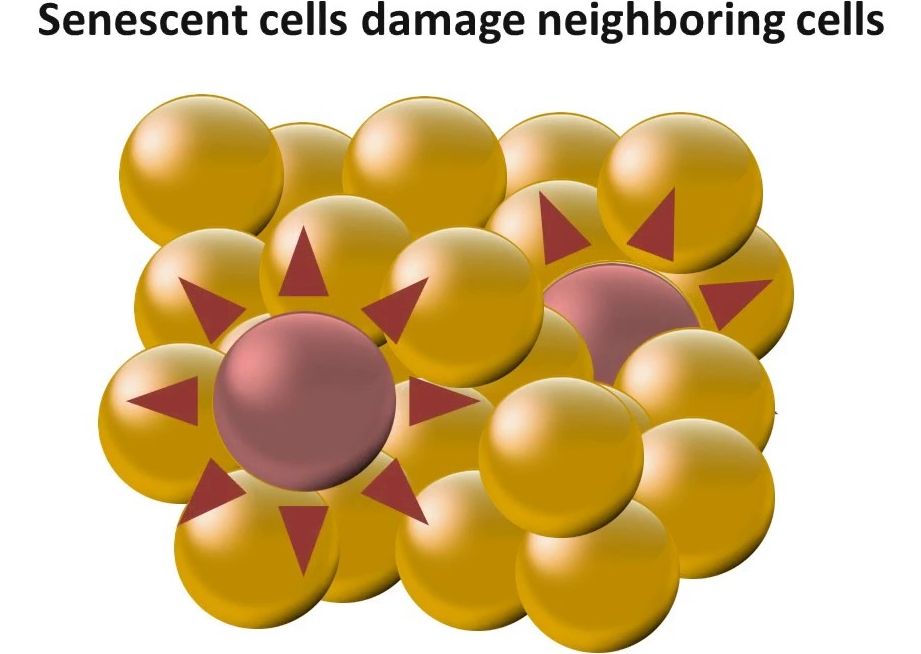
https://youtube.com/watch?v=6A1knkZiysQ
Clearing out senescent cells could lead to better fitness and health as we age.
From around age forty we start to lose muscle mass due to various aging processes, one of these processes is the accumulation of senescent cells. Senescent cells are simply cells that have become damaged or have reached their maximum number of divisions. Normally these cells are shut down by a kind of self destruct program inside the cell, ready to be disposed of by the immune system.
However as the immune system ages, it stops clearing house properly, leaving many of these senescent cells in place. This would not be such a big deal, but senescent cells actually send out toxic inflammatory signals that block tissue regeneration. This includes the compromised formation and repair of muscle tissue[1–2]. Some researchers suggest that removing senescent cells could potentially lead to better performance and extending peak, allowing you to enjoy sports and remain competitive for longer.
There have been some interesting results on cardiovascular health and performance seen in pre-clinical studies so far. In tests aged mice had significantly improved vascular health when treated, compared to control mice left to age normally[3–4]. Perhaps even more exciting is the discovery that this therapy can also make an impact on heart disease. So reducing senescent cells could be a route to better cardiovascular health and improved fitness as we get older[5].


Are you an avid supporter of aging research and a keen longevity activist?
The Biogerontology Research Foundation is offering select summer internships for talented individuals. You’d join a passionate and supportive team in researching diagnostic, prognostic, and therapeutic strategies; advising a panel of investors in developing a roadmap to promote longevity science and related technologies across the globe.
The advertised positions are 3 month internships, with the possibility of continuing afterwards. Free accommodation will be provided for in London, alongside a negotiable salary.
The Biogerontology Research Foundation is a UK based think tank dedicated to aging research and accelerating its application worldwide.
Apply to: [email protected]
Are you an avid supporter of aging research and a keen longevity activist?
The Biogerontology Research Foundation is offering select summer internships for talented individuals. You d join a passionate and supportive team in researching diagnostic, prognostic, and therapeutic strategies; advising a panel of investors in developing a roadmap to promote longevity science and related technologies across the globe.